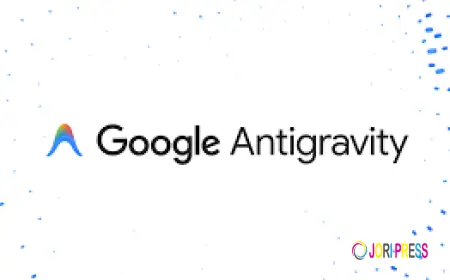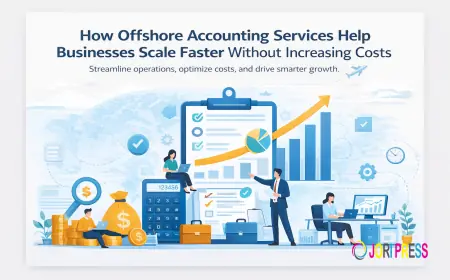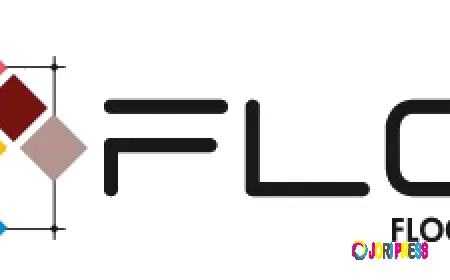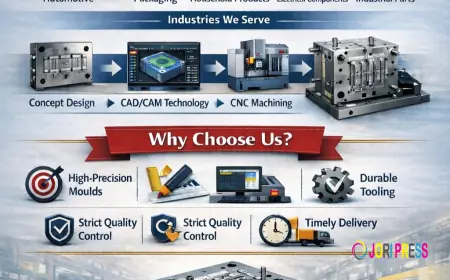AI Agent Development Solutions: Bridging Innovation and Productivity
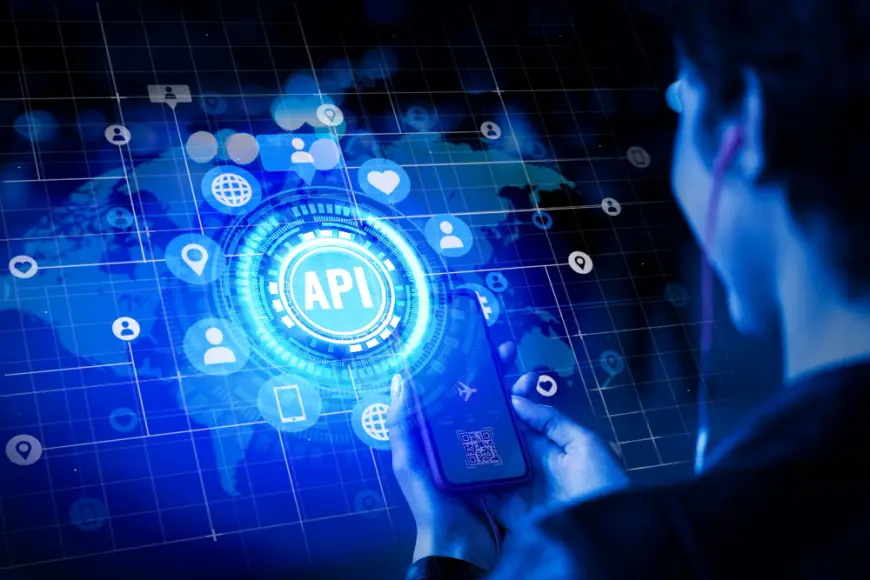
Introduction
In 2025, the conversation around digital transformation has shifted from simple automation to intelligent, adaptive systems that can think, learn, and evolve. At the center of this transformation lies AI agent development solutions—a new wave of technologies designed to bridge the gap between innovation and productivity. Unlike traditional tools that follow fixed instructions, AI agents are dynamic systems capable of reasoning, adapting to real-world complexities, and driving smarter business outcomes.
Businesses across industries are beginning to realize that adopting AI agent development is no longer optional but a necessity to remain competitive. In this blog, we’ll explore how AI agent solutions are revolutionizing business operations, their benefits, real-world applications, challenges, and what the future holds.
What Are AI Agent Development Solutions?
AI agent development solutions refer to the creation of intelligent software agents that can perform tasks autonomously, interact with humans or other systems, and make decisions based on contextual understanding. These agents combine:
- Machine Learning (ML): For learning and improving over time.
- Natural Language Processing (NLP): To understand and respond to human communication.
- Computer Vision: To process and analyze images and videos.
- Reinforcement Learning: To improve decision-making through experience.
This blend of technologies allows AI agents to go beyond routine automation and actively contribute to business innovation and productivity.
Why AI Agents Are Redefining Productivity
Traditional automation can only execute pre-set commands. AI agents, however, bring intelligence and adaptability into the process, which significantly boosts productivity.
Key reasons why AI agents stand out:
- Context Awareness: Agents understand not just inputs but also the context behind them.
- Real-Time Decision-Making: They can analyze data and act instantly without waiting for human intervention.
- Continuous Learning: AI agents evolve and become more effective with every interaction.
- Scalability: They can handle growing workloads across multiple departments simultaneously.
Core AI Agent Development Solutions Powering Innovation
1. Intelligent Virtual Assistants
Unlike simple chatbots, modern virtual assistants built on AI agents handle complex queries, provide personalized recommendations, and integrate seamlessly with enterprise systems. They help businesses:
- Deliver 24/7 customer service.
- Automate employee support in HR or IT.
- Enhance sales and lead management.
2. Predictive and Analytical Agents
AI agents analyze vast datasets to forecast demand, detect anomalies, and identify patterns. Industries use them for:
- Demand forecasting in retail.
- Predictive diagnostics in healthcare.
- Fraud detection in finance.
3. Process Automation Agents
Beyond Robotic Process Automation (RPA), these agents adapt to dynamic inputs. For example, an AI-powered accounts payable agent can process invoices of varying formats without human oversight.
4. Workflow Optimization Agents
These agents monitor workflows, detect bottlenecks, and recommend improvements. This results in smoother processes and higher productivity across the organization.
5. Multi-Agent Collaboration Systems
In complex environments, multiple AI agents work together. For instance, in logistics, one agent optimizes routes, another tracks shipments, and a third manages inventory levels.
Benefits of AI Agent Development for Businesses
1. Enhanced Innovation
AI agents provide insights and automation that encourage new business models and services.
2. Boosted Productivity
With routine and decision-heavy tasks automated, employees can focus on creativity and strategic growth.
3. Cost Efficiency
Businesses save significantly on operational expenses by reducing manual labor and improving accuracy.
4. Improved Customer Experience
AI-powered personalization ensures faster, tailored responses, building stronger relationships.
5. Competitive Advantage
Early adopters of AI agent solutions stay ahead by combining efficiency with innovation.
Real-World Applications Across Industries
Healthcare
- Virtual health assistants providing patient guidance.
- Predictive AI agents helping in diagnostics.
- Automated appointment and record management.
Retail and E-Commerce
- Personalized shopping recommendations.
- AI-powered demand forecasting.
- Inventory management agents.
Finance
- Real-time fraud detection agents.
- Smart robo-advisors for investment.
- Automated compliance monitoring.
Manufacturing
- Predictive maintenance systems.
- AI agents for quality control.
- Smart supply chain automation.
Real Estate
- AI-powered property recommendation engines.
- Automated document processing.
- Virtual assistants handling client queries.
Insights from AI Agent Developers
Leading AI agent developers emphasize that success lies in more than just technology. Key takeaways include:
- Data Quality Matters: High-quality data ensures accurate AI outputs.
- Human-AI Collaboration: Agents should empower, not replace, human employees.
- Ethical AI Practices: Transparent and fair systems build trust with users.
- Security First: AI must safeguard sensitive data.
- Future-Ready Scalability: Solutions should be designed to handle evolving business needs.
Challenges in AI Agent Adoption
Despite the potential, businesses face hurdles in implementing AI agent development solutions:
- Integration with Legacy Systems: Many enterprises operate on outdated infrastructure.
- Data Privacy Concerns: Strict compliance with global data laws is essential.
- Lack of Expertise: In-house teams may lack the technical skills to manage AI agents.
- High Initial Costs: Building and training AI systems require upfront investment.
Partnering with an experienced AI agent development company often helps overcome these challenges by providing technical expertise and scalable solutions.
The Future of AI Agent Development
AI agent development is still evolving, and the future looks promising. Some upcoming trends include:
- Hyper-Automation: Combining AI agents with RPA, IoT, and advanced analytics for full-scale automation.
- Edge AI Agents: Running agents closer to data sources for faster performance.
- Multi-Modal AI Systems: Combining voice, text, and visual inputs for seamless interactions.
- AI Governance: Stronger frameworks to ensure ethical and transparent AI development.
- Cross-Industry Expansion: Wider adoption across small businesses and global enterprises alike.
How Businesses Can Get Started with AI Agent Development
- Identify High-Impact Use Cases: Focus on areas where AI agents can deliver immediate value.
- Collaborate with Experts: Partner with AI agent developers who understand both technology and business goals.
- Start Small, Scale Fast: Begin with pilot projects, measure ROI, then expand across departments.
- Invest in Data Strategy: Build a strong data foundation to fuel intelligent agents.
- Train Teams: Encourage employees to work alongside AI agents for maximum adoption.
Conclusion
AI agent development solutions are no longer futuristic concepts—they are here, actively transforming how businesses innovate and operate. By bridging the gap between innovation and productivity, these intelligent agents are reshaping industries, enabling smarter decisions, and driving continuous growth.
Organizations that embrace AI agent solutions today are not just automating tasks—they are building intelligent ecosystems that adapt, learn, and innovate. In 2025 and beyond, AI assistant development will be the cornerstone of business success, powering a future where automation is intelligent, scalable, and deeply human-centric.
What's Your Reaction?
 Like
0
Like
0
 Dislike
0
Dislike
0
 Love
0
Love
0
 Funny
0
Funny
0
 Angry
0
Angry
0
 Sad
0
Sad
0
 Wow
0
Wow
0

